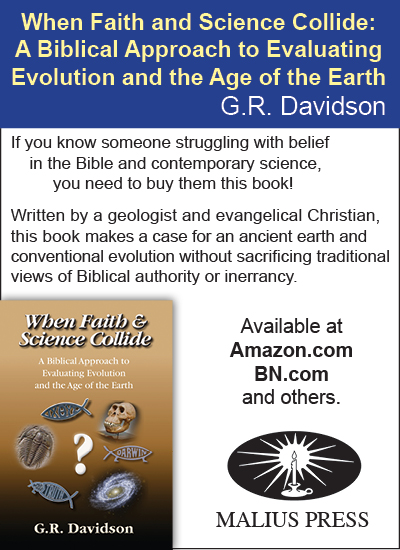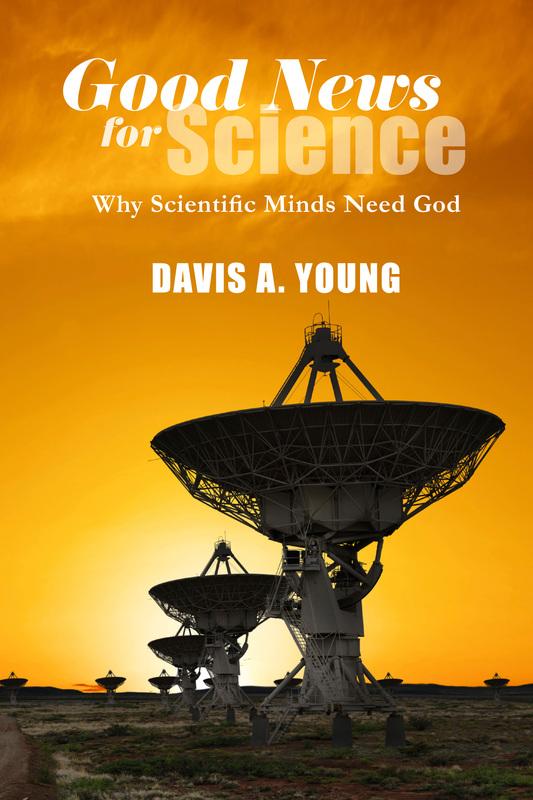Children, Climate Change, and Hope in Uncertainty
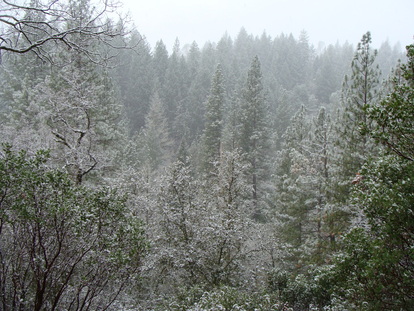 Snow on the mountains of Northern California
By Peter M. J. Hess
The earth is the Lord’s, and everything in it, the world, and all who live in it; for he founded it on the seas and established it on the waters. (Psalm 24:1-2) In my boyhood, one of life’s great certainties was climate. Growing up in the coastal mountains of Northern California, I experienced spring usually as mild and rainy, with sunny June and July giving way to the long, hot “fire season” of Indian summer. Late autumn brought brilliant color and crisp weather, followed by the winter season of frosty mornings, rainstorms, and occasional snow. Among my early memories is watching wet, inch-wide clusters of snowflakes drifting on the storm wind between our hilltop and the old growth Douglas fir trees across Hawk’s Canyon. To me, that was just how snowflakes were – big and wet and fleecy and perfect for snowball fights. (I later gained a fresh perspective of dry snow when I lived for a while in Wisconsin). I loved the California climate because it was interesting and varied and livable year-round, and because the coastal mountains were my home. My expectation was that my own children naturally would grow up to enjoy much the same round of seasons. But over the last couple of decades that surety seems to have eroded. Winters have become warmer and often snow-free; springtime is drier and shorter, and wildfire season now apparently extends from May until November (it is now year-round in Colorado). The trees and animals I cherish are under threat from climate change, and I know some of them will eventually disappear as the flora and fauna that cannot survive are replaced by species foreign to northern California. Dealing with change and loss is part of the experience of parenting. We teach our children how to cope with the death of a relative or of a beloved animal companion, or with moving to a new house, or with growing out of familiar and comfortable childhood ways into the strange and exciting challenges of adolescence. But our expectation is that these changes, as experienced by an individual, are generally similar to those experienced across our species as a whole. Birth, maturation, aging, and death will affect the next generation similarly to the way in which these processes have affected us, our parents, our grandparents, and countless generations before them. We face a rather different scenario with abrupt climate change, which is the first in a series of challenges that will alter the human experience on a permanent basis. As the human population has soared from one billion to seven billion people in only 150 years, we are beginning to realize that earth’s support systems are far more fragile than we’d like to admit. Through our sheer numbers, our technological know-how, and our reliance on solar energy stored as finite reserves of fossil fuels, we, ourselves, have become a force of nature reshaping the features of the planet. It is questionable whether the earth can long support a population of seven billion energy-hungry and resource-guzzling members of species Homo sapiens. Our patterns of consumption and pollution call to mind an ancient Hebrew reproach: “And I brought you into a plentiful land to enjoy its fruits and its good things. But when you came in, you defiled my land and made my heritage an abomination” (Jeremiah 2:7). What do you say to your children when you realize that their experience of the world will be quite different from your own?
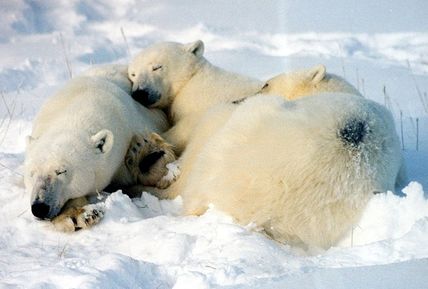 Family of polar bears in Churchill, Manitoba
In the face of global warming, a question confronting any parent is, “How can I best prepare my children to cope with the enormous changes happening in the world around them?” I might, of course, draw upon my own experiences of seeing the human population double in my lifetime, or of watching the price of gasoline rise by a factor of ten. However, the scale of change that will be witnessed by “millennial children” is vastly greater. Where I grew up knowing that the Dodo had gone extinct and that there are lists of “threatened” and “endangered species,” my children may well experience the tragic extinction in their lifetimes of polar bears, Indian tigers, African lions, black and white rhinos, and countless other species on the brink. They and their children will almost certainly live through the end of affordable oil and easily obtainable fresh water.
Humans are woefully unprepared for and even in denial about changes that are already well underway. These include sea level rise that will inundate inhabited coastal areas and submerge some nations completely, as well as substantial changes in agriculture, particularly large scale farming such as we have in the Central Valley of California. Regional climates will change, with some areas that were wet becoming drier, and with hurricanes becoming more intense as they are fuelled by rising ocean temperatures. Floods may become more widespread, droughts more prolonged, and wildfires more destructive. Water wars loom on the horizon as glaciers melt away in Asia and South America. What do you say to your children when you realize that their experience of the world will be quite different from your own? How do you open a conversation with your teens about predictions that the Arctic Ocean may be ice-free in summer before they even graduate from high school? How do you respond in hope when your child comes home and tells you she learned that 90% of Caribbean coral reefs have been killed by ocean acidification, and that the marine ecosystems that depend on them are on the verge of collapse? I believe the best way to empower children is not to fib or sugar-coat the seriousness of the ecological challenge, but in age-appropriate ways, to approach the issues with candor, honesty, and hope.
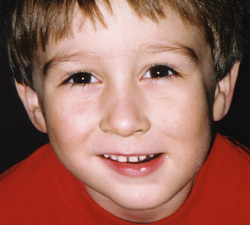 Hope.
As a theologian deeply interested in science, I point out to my sons that the universe is ancient, dynamic, ever-evolving, and incomprehensibly vast. Change is an essential part of our world, for without change neither humans, nor plants and other animals, nor the geographical features that make our world exciting, would exist at all. We do not interpret change as monolithically good or bad—volcanoes can be very destructive, but volcanic soil is agriculturally among the richest in the world. Storms that bring rain to drought-stricken lands sometimes bring devastating floods. Moreover, civilization as we know it is relatively young—roughly 10,000 years old, beginning with the domestication of water, and of certain animals, fruits and vegetables. During that period, climate has been fairly temperate, although too much or not enough of either precipitation or sunshine have been known to doom entire civilizations.
I tell my children that change is scary in part because we don’t always know what the world will be like afterward. The situation confronting us today—dominated by resource depletion, climate change, and relentless human population growth—is very serious, indeed. But I try always to reassure my sons that there is reason to hope. We share with our non-religious sisters and brothers the conviction that biodiversity and ecosystemic integrity are profoundly important, and that in the face of wide-ranging and potentially catastrophic threats, we can still hope that life on Earth will find a way forward as it has for 3.5 billion years. As religious believers, we ground our hope in the conviction that life in the universe has meaning and purpose: “While the earth remains, seedtime and harvest, cold and heat, summer and winter, day and night, shall not cease” (Genesis 8:22). A decade ago, the United States Conference of Catholic Bishops issued a prescient statement: As people of faith, we are convinced that "the earth is the Lord's and all it holds" (Ps 24:1). Our Creator has given us the gift of creation: the air we breathe, the water that sustains life, the fruits of the land that nourish us, and the entire web of life without which human life cannot flourish. All of this God created and found "very good." We believe our response to global climate change should be a sign of our respect for God's creation. (Global Climate Change: A Plea for Dialogue Prudence and the Common Good, 2001) The issue of abrupt climate change carries a great deal of uncertainty about its extent and significance. How will we estimate the likely magnitude and effects of climate change? How will global warming affect people in different parts of the world as sea levels rise? What can we do about it? What should we do about it? Where do our moral obligations lie? How do we put into practice Jesus’ admonition to, “Love the Lord your God with all your heart and with all your soul and with all your mind, and love your neighbor as yourself”? (Matthew 22:37-39). I believe the best way to empower children is not to fib or sugar-coat the seriousness of the ecological challenge, but in age-appropriate ways, to approach the issues with candor, honesty, and hope. Young people are smart, and in an era of social networking, they will pick up on far more than their parents may suspect. As an advocate for science education, one way I put my faith into action is to encourage my children to become science literate, especially around climate and energy topics, so that they will be better able to make informed decisions as individuals and as members of their communities. We want our children to appreciate that the silver lining of the cloud might include exciting careers in alternative technologies, sustainable industries, and environmental engineering. We want to empower them to become young adults full of hope, to think seriously of realistic and practical solutions, and to re-envision how good life might be without our current profligate use of resources. The Psalmist embodies an attitude of sober, realistic hope that is worthy of consideration as a model: 1 Praise awaits you, our God, in Zion; to you our vows will be fulfilled. 2 You who answer prayer, to you all people will come. 9 You care for the land and water it; you enrich it abundantly. 12 The grasslands of the wilderness overflow; the hills are clothed with gladness. 13 The meadows are covered with flocks and the valleys are mantled with grain; they shout for joy and sing. (Psalm 65:1-2, 9, 12-13) |



